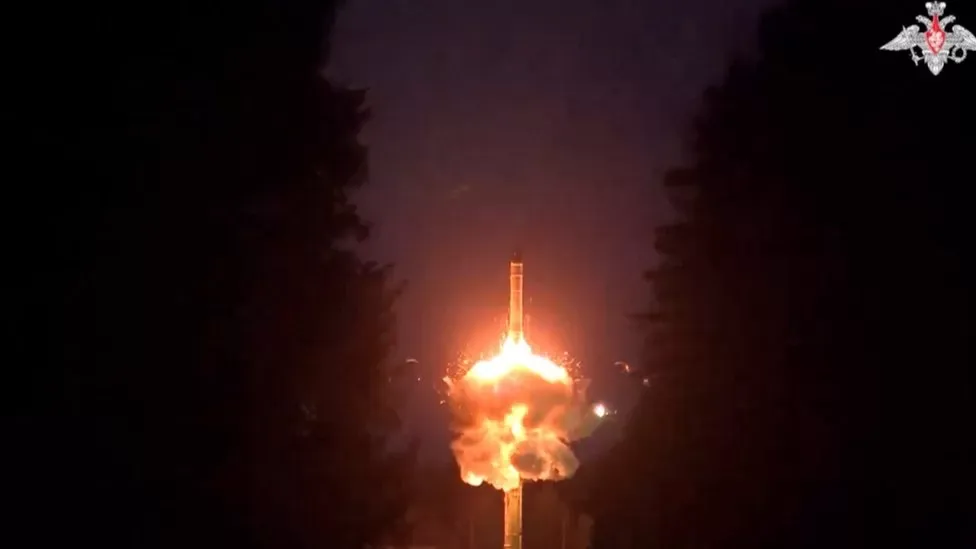NATO suspends European Conventional Armed Forces treaty after Russia's withdrawal

NATO announced on Nov. 7 that it would suspend the Treaty on Conventional Armed Forces in Europe (CFE) after Russia confirmed its official withdrawal from the agreement.
"While recognizing the role of the CFE as a cornerstone of the Euro-Atlantic security architecture, a situation whereby Allied States Parties abide by the Treaty, while Russia does not, would be unsustainable," NATO's press service wrote.
Earlier the same day, the Russian Foreign Ministry said Moscow had officially withdrawn from the CFE, completing a years-long process. Russian dictator Vladimir Putin signed a bill in May 2023 denouncing the CFE treaty. Russia partially suspended its compliance with the treaty in 2007 and entirely withdrew from it in 2015.
The treaty, initially signed in Paris in November 1990, was aimed at arms control and was originally agreed upon by 16 NATO members and six countries of the former Warsaw Pact, including the former USSR. It officially came into effect two years later.
In the Nov. 7 statement, NATO allies condemned Russia's decision to withdraw from the treaty and its war of aggression against Ukraine.
"Russia's withdrawal is the latest in a series of actions that systematically undermines Euro-Atlantic security," reads the statement.
"Russia continues to demonstrate disregard for arms control, including key principles of reciprocity, transparency, compliance, verification, and host nation consent, and undermines the rules-based international order."
Putin also signed a a law revoking Russia's ratification of the Comprehensive Nuclear-Test-Ban Treaty (CTBT) on Nov. 2.
Russia signed the CTBT in 1996 and ratified it in 2000. No country besides North Korea has officially conducted a nuclear test in 25 years.














